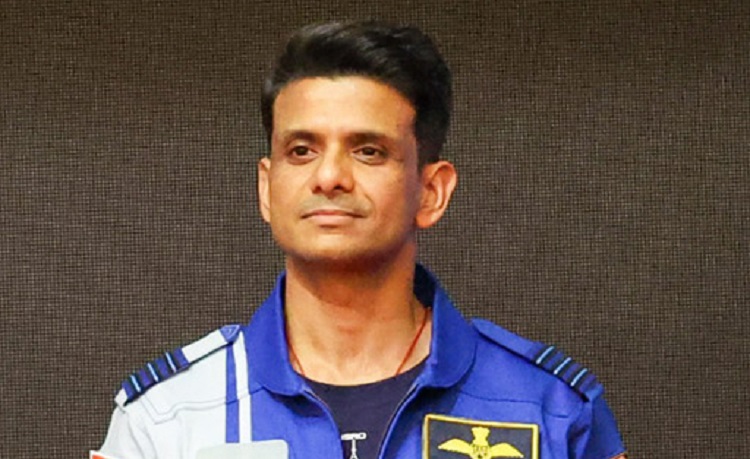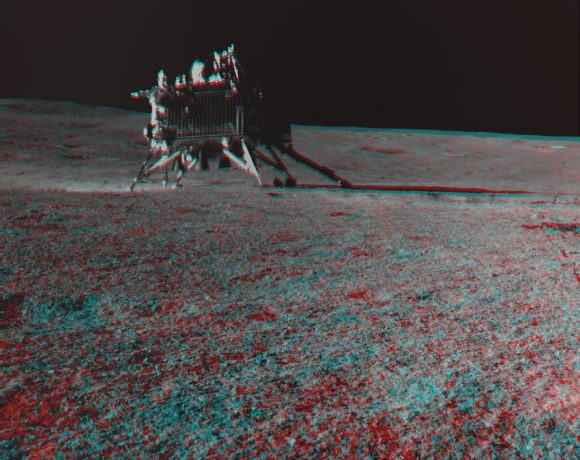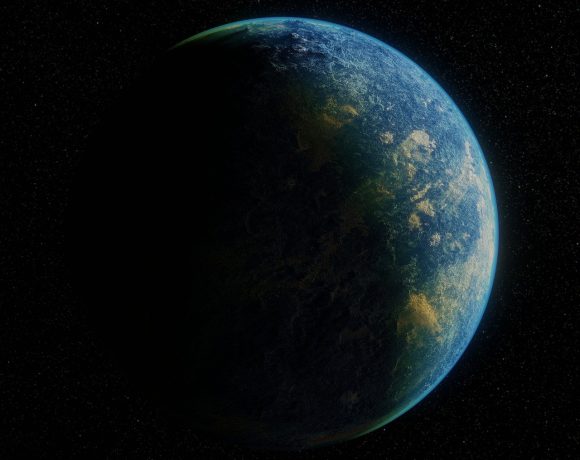
Shubhanshu Shukla Becomes India’s First ISS Astronaut in 40 Years
Group Captain Shubhanshu Shukla, an Indian Air Force test pilot and ISRO astronaut, has made history as the first Indian to reach the International Space Station (ISS) in over four decades. He arrived aboard SpaceX’s Crew Dragon spacecraft on June 26 as part of the Axiom Mission 4 (Ax‑4), becoming only the second Indian in space after Rakesh Sharma’s 1984 flight.
Two-Week Science Mission
Since docking, Shukla has been actively engaged in the two-week mission, which includes conducting 60 scientific experiments covering areas such as bone density, micro-algae cultivation, and radiation exposure. Four experiments led by ISRO have already been completed, with three more nearing conclusion. His work aims to gather insights that will support India’s upcoming Gaganyaan mission, planned for 2026.
National Pride in Space
Prime Minister Narendra Modi spoke with Shukla via live link on June 28, calling the moment “deeply emotional” and saying that even from space, Shukla remains close to the nation’s heart. Back on Earth, Shukla’s family in Lucknow expressed pride and relief, with his parents sharing that he’s excited to return and enjoy home-cooked meals.
Key Milestone for India’s Space Goals
The Ax‑4 mission serves as a strategic milestone ahead of India’s first fully indigenous crewed space mission. ISRO plans to use the experience to refine procedures like crew-ground coordination, in-flight medical monitoring, and technical readiness. Such learning will be vital for a successful Gaganyaan mission.
Return Timeline
Shukla is scheduled to leave the ISS on July 14 and is expected to splash down off the coast of California on July 15 at around 3:00 PM IST. His health is reported to be good, and he will return to India soon after completing the mission.
India’s successful participation in Ax‑4 marks a pivotal step in its journey into human space exploration and strengthens its collaboration with international partners like NASA, SpaceX, and Axiom Space.


















